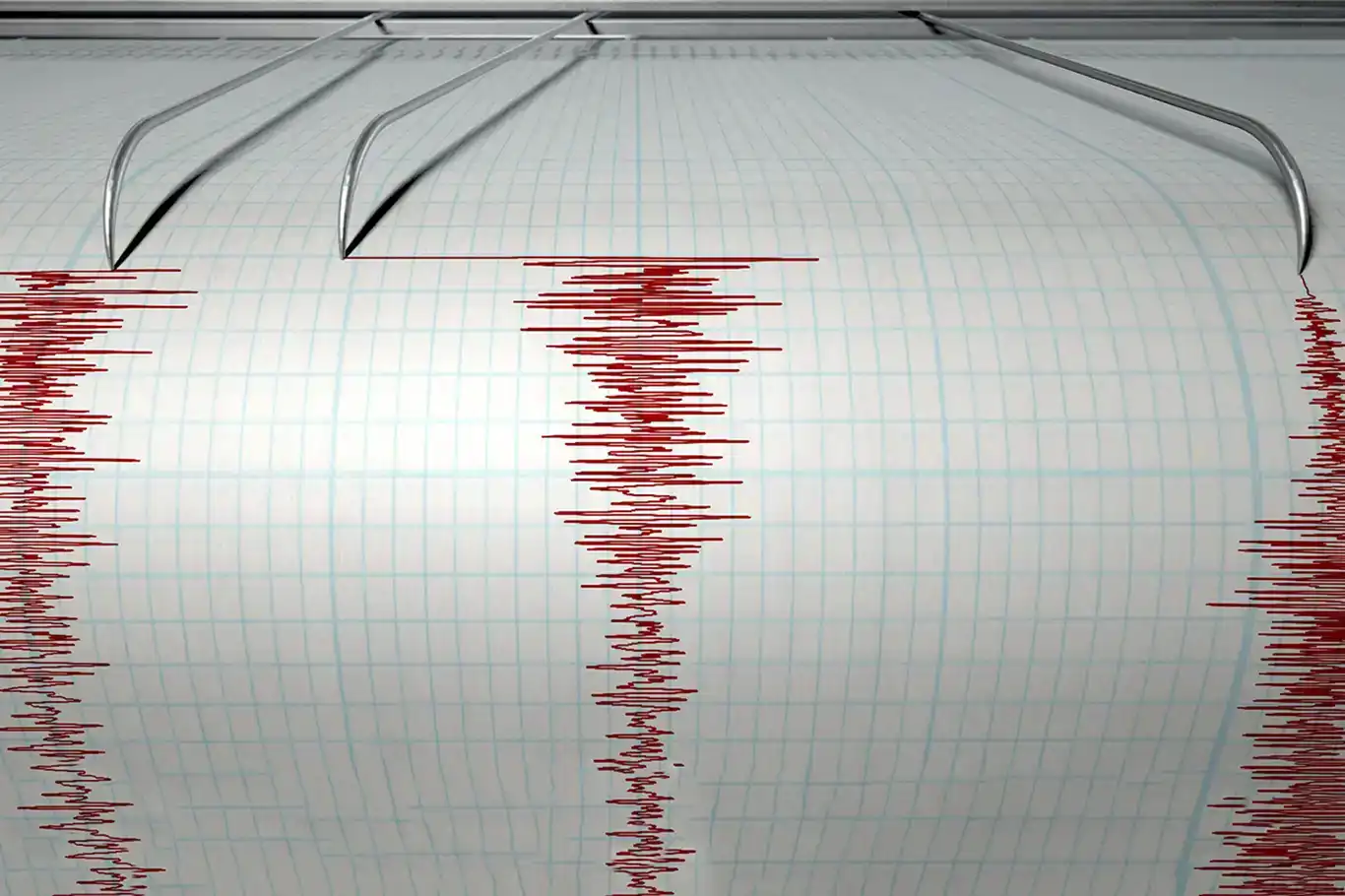Seismologists divided over 6.2-magnitude earthquake’s implications for Istanbul


A 6.2-magnitude earthquake that struck the Istanbul and Marmara Sea region on Wednesday has sparked a heated debate among Turkish seismologists about the potential for a much larger quake in the seismically active area.
Prominent seismologist Professor Naji Görür warned that the recent tremor, centered in the long-dormant central segment of the North Anatolian Fault, could be a precursor to a catastrophic earthquake exceeding 7.2 magnitude. “This is not the major earthquake we’ve been expecting,” Görür said. “The stress on the fault is still accumulating. The real earthquake will be bigger and will exceed 7 magnitude.” He noted that the eastern continuation of the fault, running toward Istanbul, remains under significant strain, bringing the city closer to a major seismic event.
Professor Okan Tüysüz of Istanbul Technical University echoed these concerns, stating that stress transfer since the devastating 7.4-magnitude Izmit earthquake in 1999 has raised the likelihood of a major quake by about 15%. Experts also linked the recent quake to a 5.8-magnitude event in 2019, suggesting a gradual buildup of seismic energy.
However, not all seismologists share this alarm. Professor Şener Üşümezsoy, who accurately predicted the 1999 quake, dismissed fears of an impending disaster, asserting that the recent earthquake released the fault’s accumulated energy. “The expected major earthquake in Marmara is over,” he declared. “From now on, the region will be quiet. Be at peace.” Professor Osman Bektaş similarly downplayed the risk, arguing the fault lacked the energy for a larger quake.
Taking a middle ground, Professor Övgün Ahmet Ercan described the quake’s energy as equivalent to the Hiroshima atomic bomb but maintained it was not the feared “big Istanbul earthquake.” He predicted the major event is unlikely before 2045 to 2065, stating, “We still have time.”
The North Anatolian Fault’s history, including the 1999 Izmit disaster and a 1912 quake in Eastern Thrace, underscores the region’s volatility. The ongoing division among experts highlights the unpredictable nature of seismic activity, leaving Istanbul residents to navigate a delicate balance between preparedness and cautious optimism. (ILKHA)
LEGAL WARNING: All rights of the published news, photos and videos are reserved by İlke Haber Ajansı Basın Yayın San. Trade A.Ş. Under no circumstances can all or part of the news, photos and videos be used without a written contract or subscription.
The Turkish Foreign Ministry issued a statement on Wednesday addressing the escalating violence in southern Syria, advocating for dialogue and accountability to restore stability.
HÜDA PAR Spokesperson and Batman MP Serkan Ramanlı, together with Mersin MP Faruk Dinç, met with Health Minister Kemal Memişoğlu to discuss urgent public health issues, emphasizing the need for stronger action against substance addiction and addressing employment concerns in the health sector.
Turkish President and Justice and Development (AK) Party Chairman Recep Tayyip Erdoğan reaffirmed the government’s commitment to strengthening Türkiye’s earthquake resilience during a speech at the AK Party’s parliamentary group meeting on Wednesday.
Türkiye has been officially welcomed as a strategic partner of the Three Seas Initiative (3SI), a regional cooperation platform uniting countries between the Adriatic, Baltic, and Black Seas, according to the Turkish Foreign Ministry.